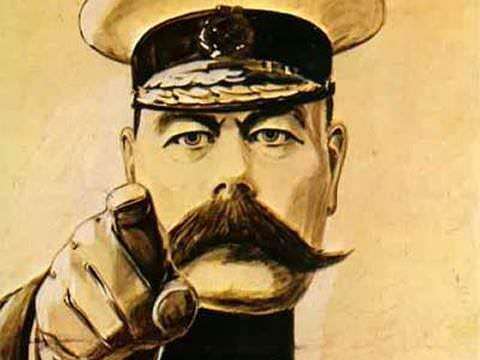No, Chris Lollie Wasn't Required to Show Cops Identification

In January, Minnesota dad Chris Lollie was waiting to pick his children up from school when a police officer approached him. Though Lollie was in a public building, he was allegedly sitting in a restricted area. And despite him quickly moving on when asked, the officer also wanted Lollie to identify himself—which Lollie politely refused to do.
The officer pressed on, joined by a colleague. Ultimately, refusing to show identification earned Lollie a round of Tasing and an arrest for disorderly conduct and obstructing the legal process. Luckily Lollie caught the whole incident on video (watch it below) and the charges against him were dropped.
Since the video went viral last week, a lot of people have cited it as evidence of the "arbitrary harassment or brutality" certain Americans, especially people of color, routinely face from police officers. This has prompted the law-and-order loving crowd to counter that if only Americans would blindly obey every law enforcement whim, we wouldn't have anything to worry about. I just came across a particularly infuriating example of this from CBS Minnesota, which answers the question, "Do you have to comply when a police officer asks to see your identification?" as so:
"You have to produce your ID, especially under those circumstances. They were called to investigate a suspicious person call," retired police officer Joe Dutton said.
Retired Golden Valley police officer Joe Dutton is a use of force expert.
He says when officers are called out to investigate a suspicious person it is their duty to find out who that person is and why they are there.
Back it up a minute. Dutton seems to be referring to what are known as "stop and identify" statutes. These laws, active in 24 states, authorize police to detain people and demand identification under threat of arrest—but only when officers have "reasonable suspicion" of criminal activity. Unless "being a black man in public" qualifies as reasonably-suspicious behavior, I'm not sure how Lollie's case meets this legal requirement.
According to our "use of force expert," however, this doesn't matter: By initially refusing any random request for identification, you thereby become suspicious.
"When you start debating the police, and when you start becoming non-compliant, you're telling the police that you've got something to hide and they want to find out what you're hiding," Dutton said.
Dutton says officers have contact with hundreds of thousands of people daily and most interactions end without the use of force.
(…) In Chris Lollie's case, Dutton believes if he had shown his ID there would have been no use of force by police.
He does not believe Lollie's race is an issue in this case. "It would have happened no matter what the race of the individual was," Dutton said.
Let's, for the sake of argument, say Dutton is right about the race business. That does not make this any better. Community cops should not have a right to stop anyone they want for any (or no) reason and then use force against them if they refuse to show an ID. That is not constitutional policing, that is the mark of a police state.
And for the record: Minnesota doesn't even have a stop and identify law. The 24 states that do, in some form, are: Alabama, Arizona, Arkansas, Colorado, Delaware, Florida, Georgia, Illinois, Indiana, Kansas, Louisiana, Missouri (Kansas City only), Montana, Nebraska, Nevada, New Hampshire, New Mexico, New York, North Dakota, Ohio, Rhode Island, Utah, Vermont, and Wisconsin.


Show Comments (52)